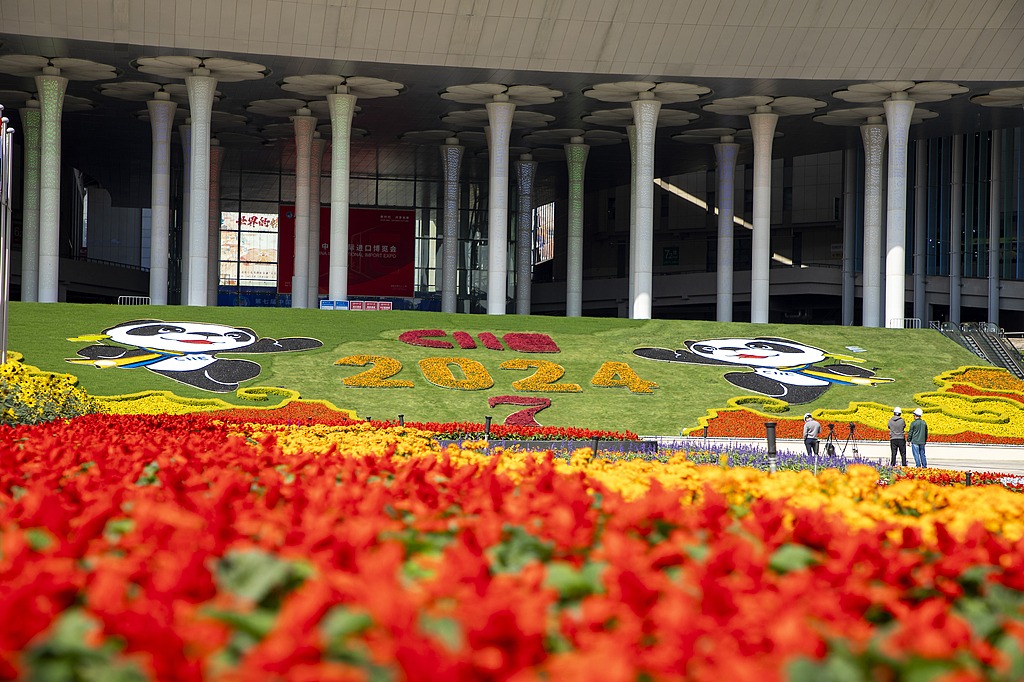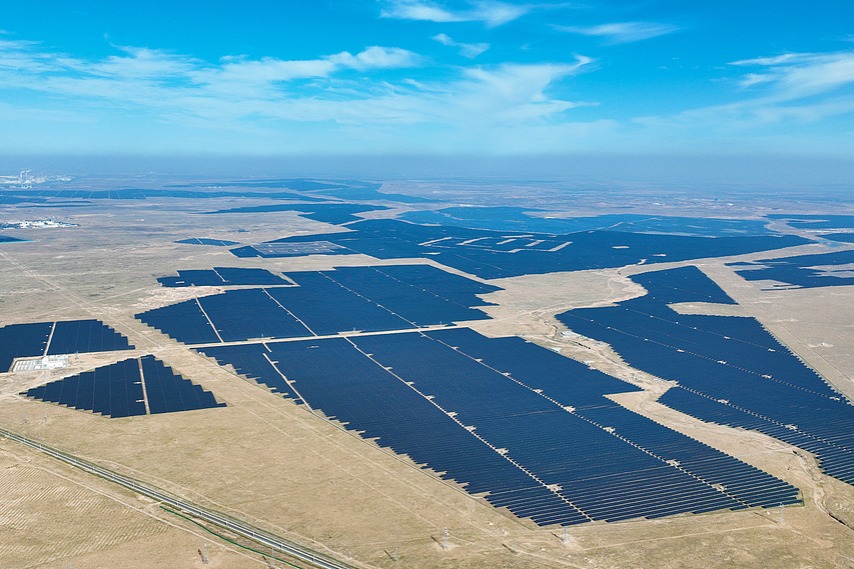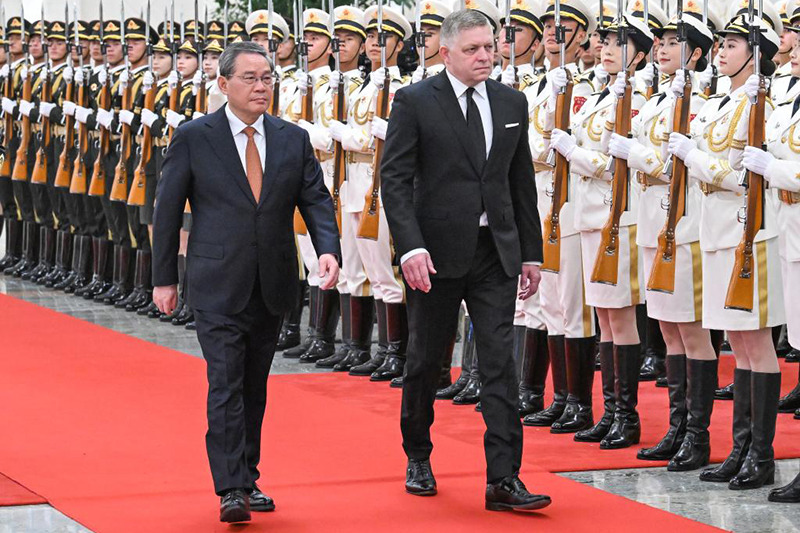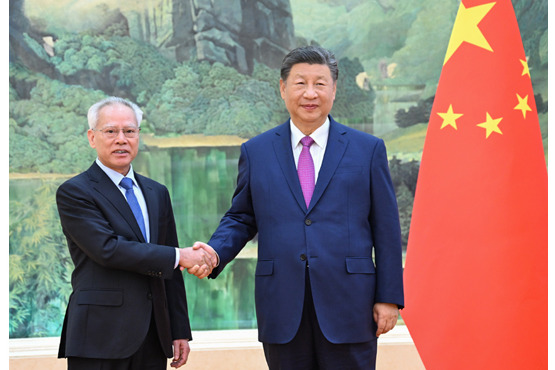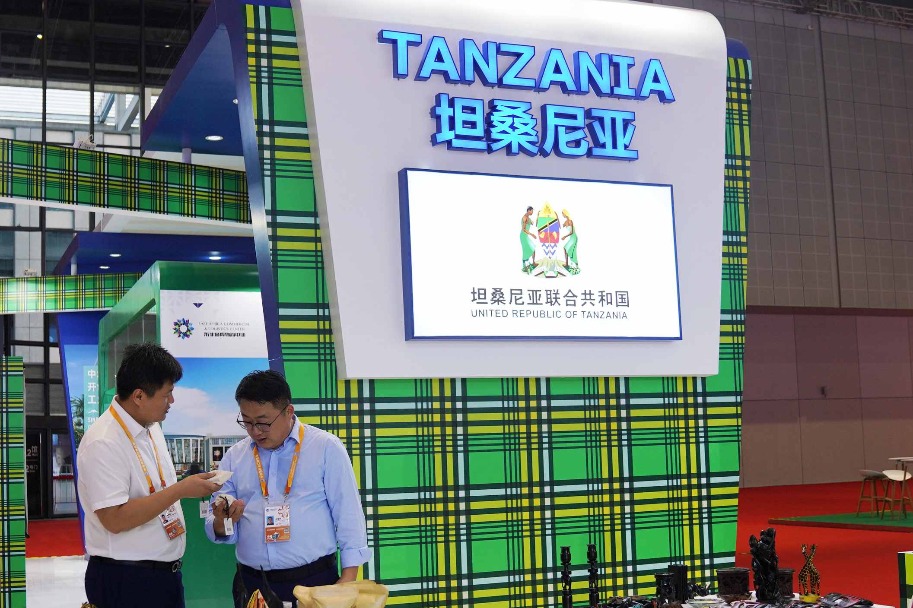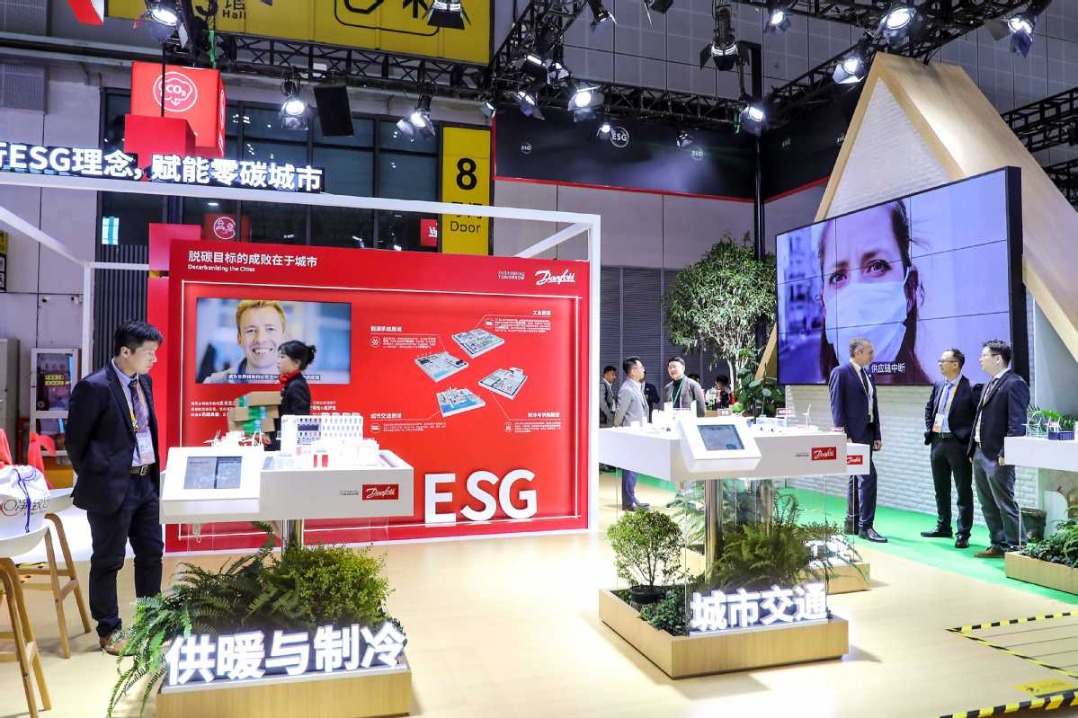China, other countries to spur trade
Nation to help grow rules-based, open trading system for global recovery

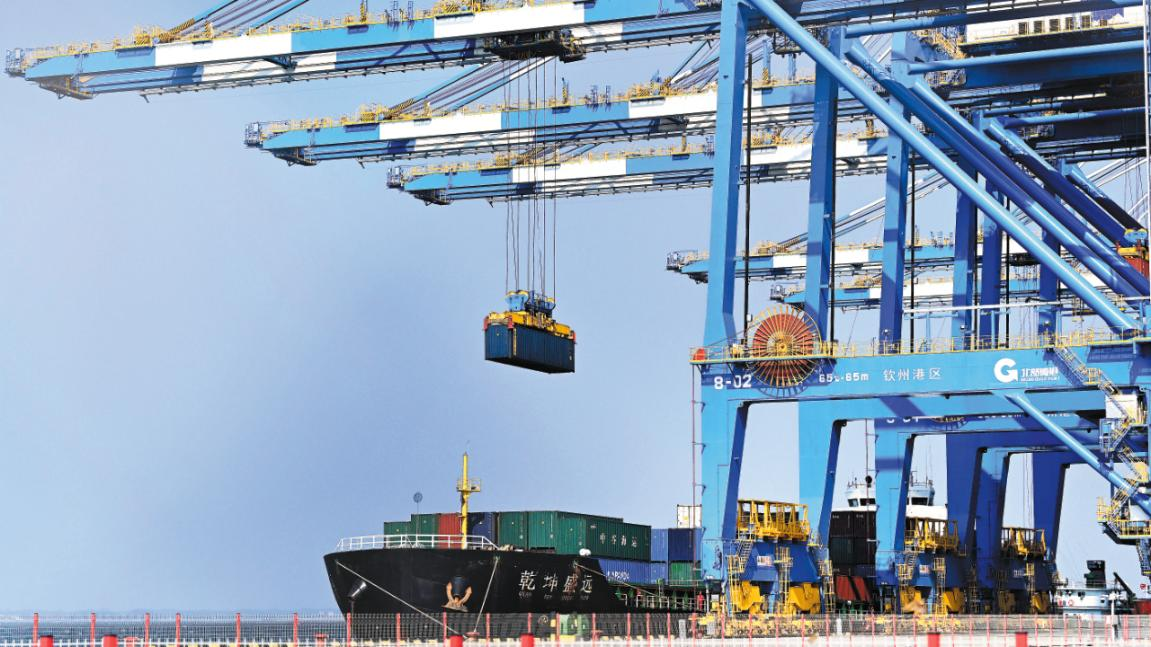
China, along with other countries, will work toward the common goal of advancing trade and investment liberation and facilitation, officials and executives said on Monday.
In tandem with other countries, the country will harness opportunities presented by the ongoing technological revolution, and maintain an open and rules-based trading system, to inject much-needed momentum into global economic recovery, they said.
As nations grapple with the complexities of a rapidly changing global landscape, it has become evident that overcoming obstacles and achieving global economic recovery and stability requires mutual trust and collaboration across borders, said Chinese Vice-President Han Zheng at the Global Trade and Investment Promotion Summit 2024 in Beijing.
It is of vital importance to push forward the liberation and facilitation of global trade and investment at a pivotal moment in shaping the future trajectory of the global economy, Han said, stressing that China continues to uphold its stance on opening-up and ensuring a level playing field for all enterprises, offering them vast opportunities for expansion and growth.
China is determined to capitalize on the opportunities presented by the new wave of technological and industrial revolutions. By collaborating with international partners, China aims to explore new frontiers, create innovative models, cultivate new sources of growth, and inject a greater sense of certainty into the global economy, Han said.
That said, the rise in protectionism in some parts of the world is exacerbating the already fraught global economic and geopolitical situation, amplifying all methods and tactics of beggar-thy-neighbor policies, including decoupling and de-risking strategies, said Dilma Rousseff, president of the New Development Bank.
As the world's second-largest economy, China's economic performance brings much-needed stability to the world's economy. China's commitment to an open world economy is clear, Rousseff said.
The Belt and Road Initiative, for instance, is one of the most important platforms for investment in infrastructure projects across the world, Rousseff said, adding that the initiative accounted for more than $1 trillion in investments in 10 years. Trade between the countries participating in the initiative grew by 6.4 percent annually between 2013 and 2022 to reach $19.1 trillion.
"China's role in global supply chains is of particular importance, and we acknowledge the innovative approaches and regulatory enhancements it has embraced. Technologies such as AI (artificial intelligence), blockchain and IoT(internet of things) have revolutionized operations, ensuring transparency, efficiency and sustainability," said Remi Paul, president of the French Chamber of Commerce and Industry in China.
"However, many challenges remain. We must keep global industrial and supply chains open and stable, ensuring smooth flow of goods and services in a mutually beneficial way, and equal opportunities of investments across borders."
Going forward, maintaining a steadfast commitment to the multilateral trade system and enhancing global economic governance have become imperative. By doing so, nations aim to restore global economic vitality, bolster the resilience of the world economy and inject a powerful driving force for sustained development, said Ren Hongbin, chairman of the China Council for the Promotion of International Trade.
Meanwhile, the stability and efficiency of industrial and supply chains have become crucial for global economic development. Countries should be actively working together to build a global industrial and supply chain system that is secure, stable, efficient, open, inclusive and mutually beneficial, Ren said.
wangkeju@chinadaily.com.cn


















